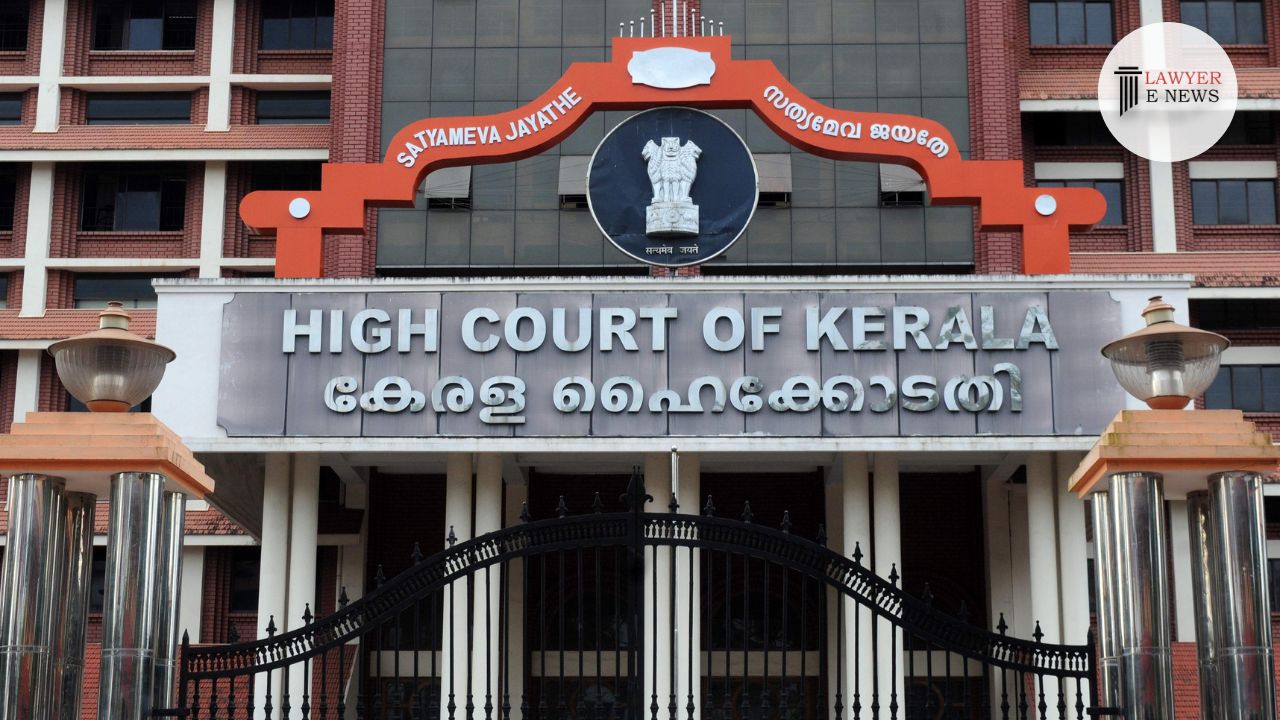-
by Admin
15 February 2026 5:35 AM



The Kerala High Court has set aside charges of culpable homicide and grievous hurt against Shamsudheen, a lorry owner, while upholding the charges under the Motor Vehicles Act. The decision, delivered by Justice P.G. Ajithkumar, found that the trial court's framing of charges lacked necessary legal foundations, leading to a remand for fresh trial proceedings.
The case stems from an incident on December 25, 2015, when Asif Rehman, the driver of a tipper lorry owned by Shamsudheen, allegedly drove the vehicle recklessly, resulting in the death of a boy named Shine Lal and serious injuries to another individual, Janu. The prosecution charged both Rehman and Shamsudheen with multiple offences, including culpable homicide not amounting to murder under Section 304(ii) of the Indian Penal Code (IPC) and causing grievous hurt under Section 325 IPC. Additionally, they faced charges under Section 192A of the Motor Vehicles Act for driving with a detached speed governor.
Deficiency in Charge Framing: Justice Ajithkumar identified significant flaws in the charges framed by the trial court. The charges failed to detail how Shamsudheen, the lorry owner, could be held responsible for the specific acts leading to the homicide and injuries. "By no stretch of imagination, knowledge as to the likely result of death of and injuries to pedestrians and passengers of other vehicles by driving of the lorry could be attributed to the 2nd petitioner," the judgment noted.
Absence of Direct Knowledge: The court emphasized that Shamsudheen did not possess direct knowledge of how the lorry would be driven, which is crucial for establishing culpability under Sections 304(ii) and 325 IPC. The court stated, "It is not able to say that on the basis of the available materials that the death and injuries were the proximate result of the act of the 2nd accused, without which he cannot be asked to stand trial for those offences."
The High Court highlighted the necessity of clear legal grounds when framing charges. For a charge to be sustainable, it must be supported by evidence directly linking the accused to the alleged crime. The judgment referred to precedent in Renjith Raj v. State to support the requirement for specific factual details in the charge sheet.
Charges Under Motor Vehicles Act: While setting aside the charges under IPC sections, the court found the charges under Section 192A of the Motor Vehicles Act to be valid. This section deals with the violation of driving a vehicle with a detached speed governor. The court affirmed that Shamsudheen could be charged under this provision as he had allowed the lorry to be driven in violation of the permit.
The Kerala High Court’s decision to quash the charges of culpable homicide and grievous hurt against Shamsudheen and order a fresh trial under the Motor Vehicles Act underscores the judiciary’s commitment to ensuring accurate and legally sound charge framing. This judgment not only provides clarity in this specific case but also sets a significant precedent for future cases involving similar legal questions.
Date of Decision: June 14, 2024
Asif Rehman & Anr. v. State of Kerala
